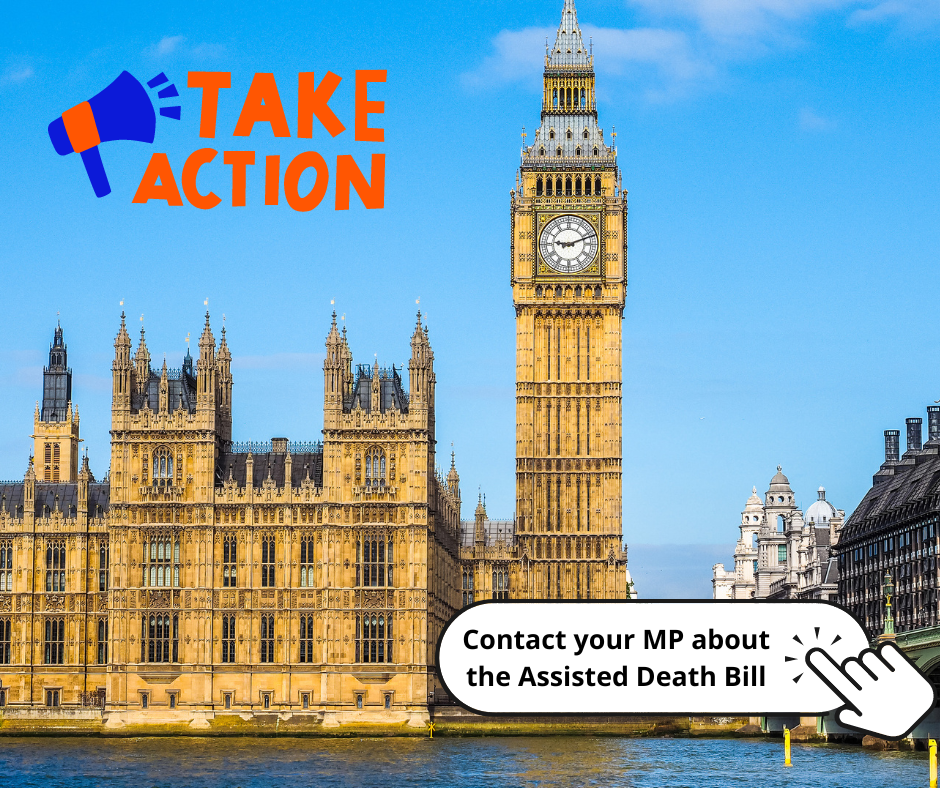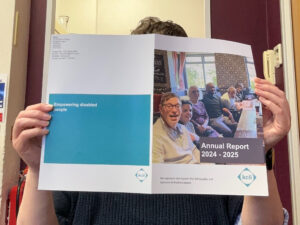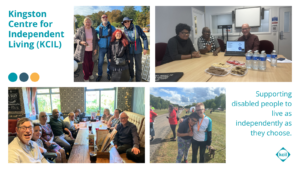Rather than legalising assisted suicide, we believe the government should focus on providing universal access to high-quality palliative and social care. For most patients, effective palliative care can alleviate the distressing symptoms associated with the dying process. However, too many people in the UK cannot access this essential care.
Investing in social care is also crucial for enabling disabled people and those with terminal illnesses to live with dignity and independence. Unmet social care needs can exacerbate feelings of being a burden and contribute to the desire for assisted suicide. By prioritising funding for these vital services, we can reduce suffering and support individuals to live fulfilling lives until the end.
As a society, we entrust doctors with the sacred duty to preserve life and alleviate suffering. Legalising assisted suicide would fundamentally alter this role, turning doctors into active participants in ending patients’ lives. This could undermine trust in the doctor-patient relationship, particularly for disabled individuals and others who already feel their lives are undervalued by society.
Finally, we are deeply concerned that once the principle of assisted suicide is accepted, it becomes easier to expand the eligibility criteria and normalise the practice. We have seen this happen in other jurisdictions, where assisted suicide laws that were initially limited to terminally ill adults have been expanded to include individuals with chronic illnesses, disabilities, anorexia and mental health conditions. This slippery slope puts even more vulnerable people at risk.
Write to your MP today
The Private Members’ Bill ballot is scheduled for Thursday or Friday this week. This ballot is crucial as it determines which backbench MPs can introduce their own legislation this session. The 20 MPs selected will have priority in scheduling their bills for debate, with the first seven having the best chance of becoming law.
Write to your MP today to express your concern.







